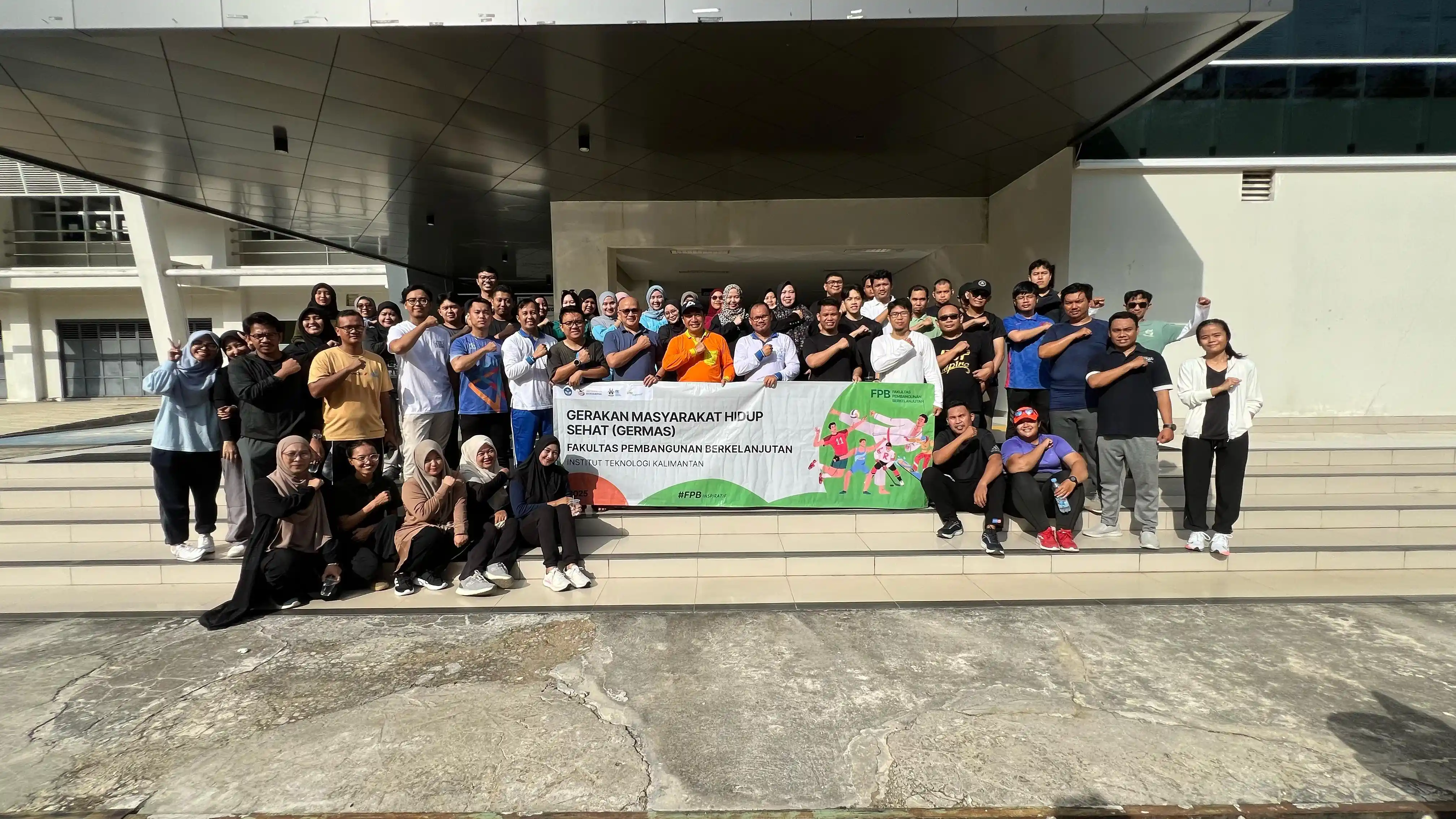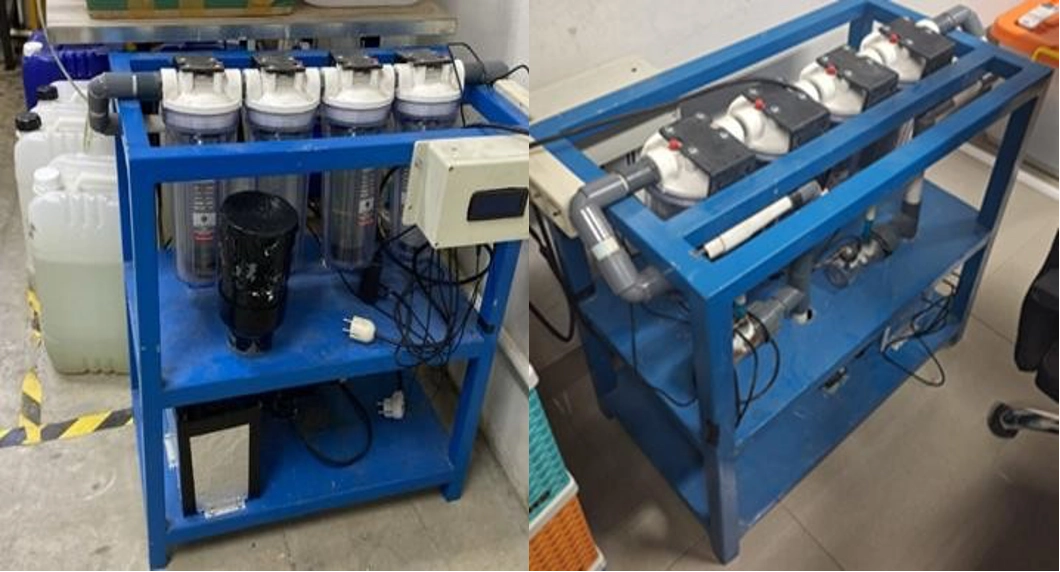Detail Berita
Biopellet RDF ITK: Transforming City Waste into Sustainable Energy Sources
Isi Artikel
Did you know that household waste, which usually ends up in landfills, can be transformed into an environmentally friendly alternative fuel? Biopellet RDF (Refuse-Derived Fuel) is the latest energy innovation capable of converting waste into a high-calorific solid fuel, even comparable to coal. This technology not only helps reduce waste accumulation but also provides a sustainable solution to the global energy crisis.
Dr. Eng. Lusi Ernawati from ITK has successfully led this important innovation. This innovation not only reduces waste piles but also offers a sustainable energy solution with high calorific value, equivalent to coal.
Why is Biopellet RDF Important?
Since July 2022, the Manggar Landfill in Balikpapan has been producing Solid Waste Fuel (BBJP) from organic waste for co-firing at the Teluk Balikpapan Coal-Fired Power Plant. However, its production is still limited. In response to the landfill's capacity crisis and the environmental impact of waste, the Balikpapan City Government, supported by ITK, initiated this conversion of waste into renewable energy. Balikpapan, as a supporting city for IKN (Nusantara Capital City), requires a waste solution that also supports greenhouse gas emission reduction. Biopellet RDF reduces the volume of waste in landfills and can replace fossil fuels in various industries, contributing to clean energy transition and sustainable development.
What is Biopellet RDF and Its Challenges?
Biopellet RDF is a solid fuel made from non-hazardous solid waste through sorting, drying, and densification. This Waste-to-Energy concept transforms non-recyclable waste into clean, efficient, high-calorific pellets, similar to turning dry leaves and waste paper into charcoal.
Despite its promise, challenges exist. RDF combustion, especially containing plastics, can produce hazardous dioxins and furans. The residual ash from combustion is also toxic. SNI (Indonesian National Standard) regulations for RDF are still voluntary, and emission monitoring is not yet comprehensive. Limitations in organic waste raw materials, suboptimal production capacity, and the readiness of incinerator technology are also concerns.
Opportunities and Interesting Facts
Indonesia generates approximately 68 million tons of waste per year, 60% of which has the potential to become RDF. RDF has a calorific value of 3,000-6,000 kcal/kg, equivalent to lignite, and is suitable for the cement industry, which operates at high temperatures (1,200–1,500°C), effectively destroying hazardous compounds. Several large cement factories in Indonesia already use it.
RDF development aligns with the National Action Plan for Household Waste Management and Indonesia's NDC emission reduction targets, supported by international donors such as GIZ, JICA, and the World Bank. This project encourages a circular economy and social inclusion, as well as job creation. RDF technology continues to evolve, including modular scale for agricultural waste and biomass. Although initial investment is high, long-term operational costs are more efficient compared to conventional landfill management.
The Future of Biopellet RDF
Biopellet RDF is a potential transitional solution for waste management and carbon emission reduction. However, its success depends on improving raw material quality through waste sorting, strengthening regulations and technical standards, strict emission monitoring, and public education and participation. If managed properly, RDF has the potential to become a crucial part of the national waste management strategy and support a low-carbon economy. This development is highly feasible at the Balikpapan Temporary Landfill (TPAS).
Isi Artikel
Tags
Activity InovationTags
Activity InovationBerita Terbaru
 News
News
Faculty of Sustainable Development Holds GERMAS with Ling Tien Kung Exercise
ITK's Faculty of Sustainable Development successfully held a Healthy Living Community Movement (GERMAS) event featuring Ling Tien Kung therapeutic exercises, attended by campus leaders, demonstrating a commitment to building physically and mentally health
.webp) Achievement
Achievement
ITK Students Win 3rd Place in Appropriate Technology Innovation Contest with “SCANOT” Supercapacitor
Two Chemical Engineering students from the Institut Teknologi Kalimantan (ITK) have successfully brought home the 3rd Place award at the Appropriate Technology Innovation (TTG) Competition held at the Balikpapan Utara District level.
.webp) News
News
Students from Across Indonesia Gather in South Sulawesi for National KKN, ITK Joins In!
Students from various universities across Indonesia gathered in South Sulawesi for the 13th National Community Service Program (KKN) focusing on cultural tourism, world heritage, and community service, with participation from the Kalimantan Institute of T
.webp)

.webp)
.webp)
.webp)
.webp)